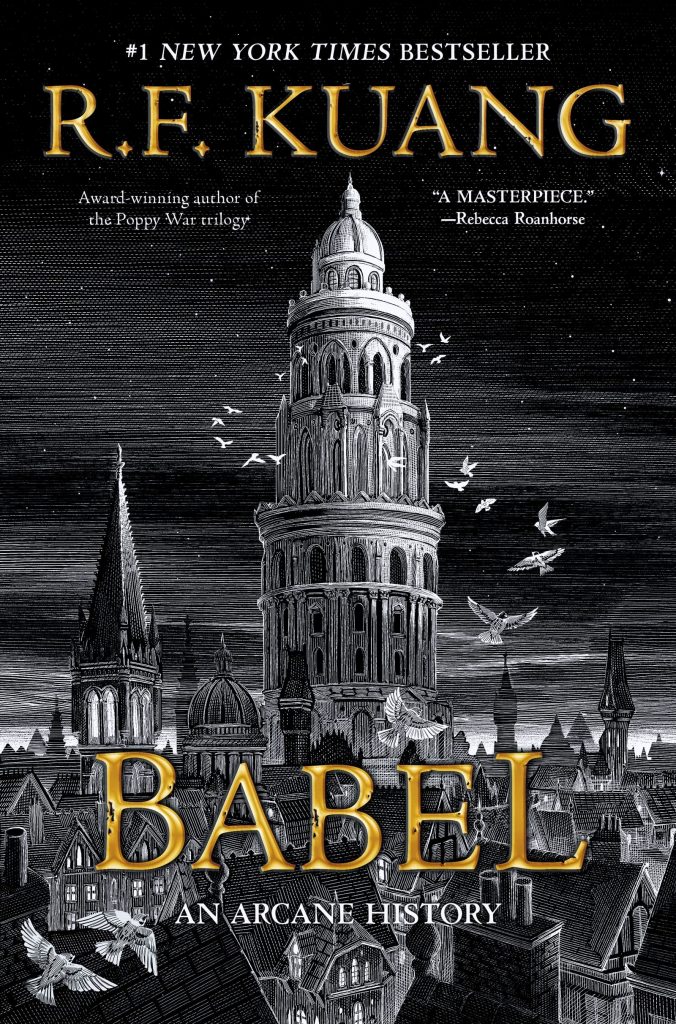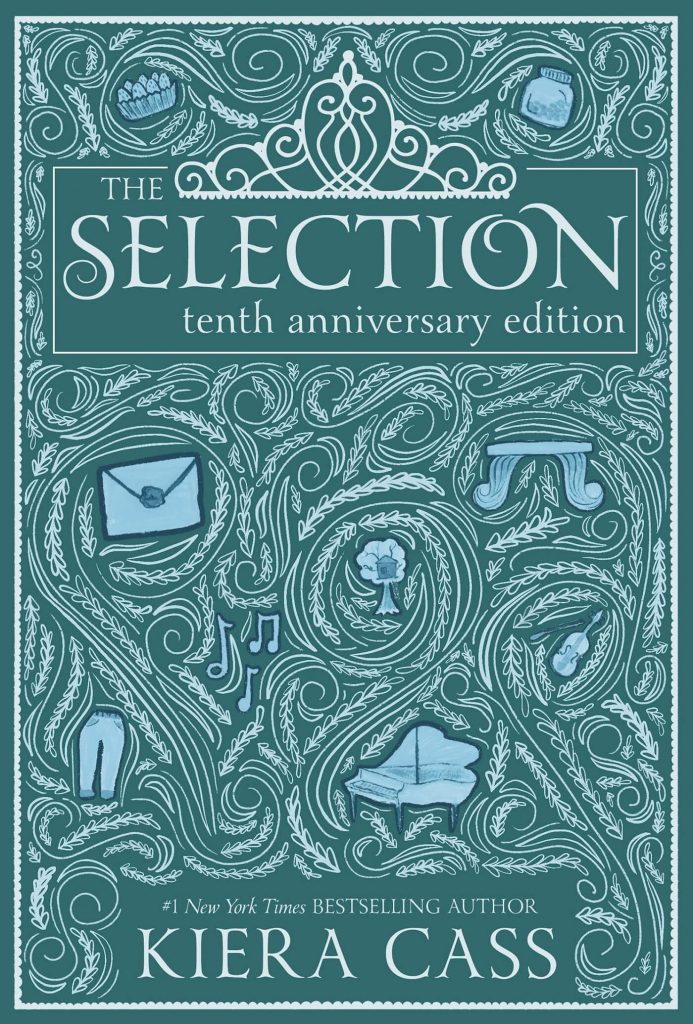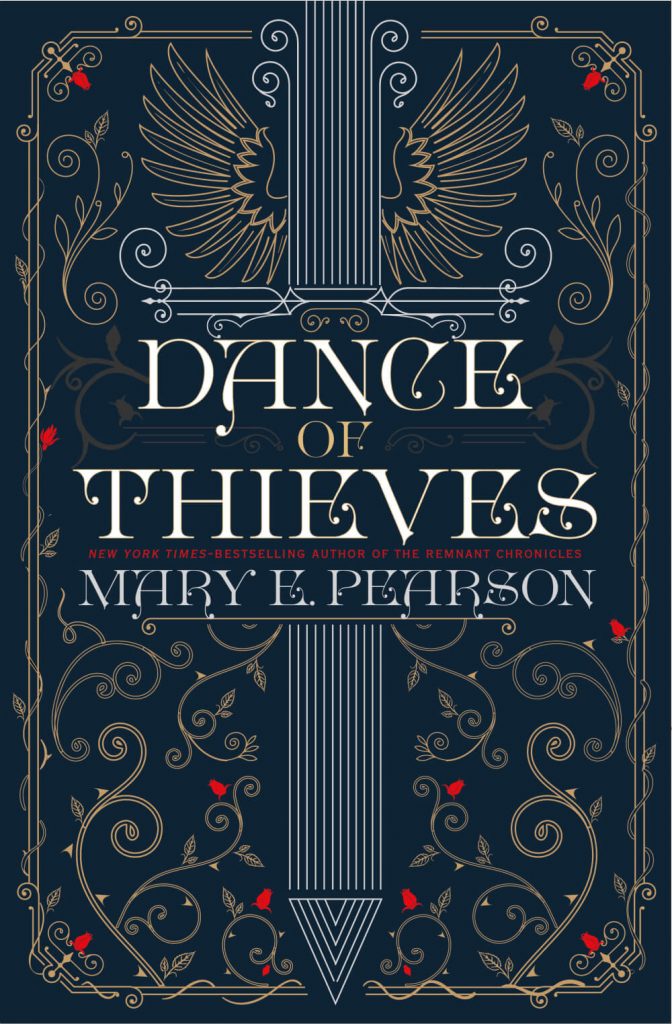Shadow and Bone
Author: Leigh Bardugo
Genre: YA Fantasy
Published: 2012
Rating: ★★★★☆ – 4/5
“The problem with wanting, is that it makes us weak.”
– Shadow and Bone by Leigh Bardugo
Shadow and Bone is how I entered the Grishaverse. I was gifted the trilogy all at once and remember thinking, what an odd name. I genuinely thought it was going to be horror—maybe something gory or gothic. I wasn’t expecting a war-torn magical kingdom, political intrigue, or a map that would live rent-free in my mind. But when I found myself book-less one slow weekend, I picked it up. And little did I know what I was getting into.
Shadow and Bone is a good book. Not flawless, not genre-defining, but absorbing. Yes, it leans heavily on some familiar YA tropes—the “chosen one,” the love triangle, the dark and brooding villain—but it makes them work. Leigh Bardugo’s prose has this smooth, absorbing quality, almost like the book reads itself to you. And while the story is clearly plot-driven, there’s enough emotional core to hold it together. The real beauty of this series lies in the world and how characters evolve over time. Every person you meet feels like they belong to a larger, living world. And if you go on to read Six of Crows or King of Scars, you’ll realize just how carefully Bardugo has planted the seeds.
– Alina Starkov –
She begins as the classic unsure heroine—quiet, self-doubting, almost forgettable. She doesn’t believe she’s special, and that’s the point. For most of Shadow and Bone, Alina is struggling with her own worth, trying to reconcile her orphan background with this newfound power she never asked for. Early on, her insecurity can read like a “pick me” girl who insists she’s not like other girls, but it’s rooted in real fear and self-protection. What I grew to love about her is how she stops trying to disappear. By the end, she’s no longer hiding behind Mal, or silence, or fear. Her growth is subtle, but powerful—and in later books, you see just how heavy it is to carry power and hope at once.
– Mal Oretsev –
Let’s be honest: Mal is not everyone’s favorite. In the show, he’s rewritten with more nuance and drive—but in the book, he’s quieter, less fiery. And that makes him easy to dismiss. But Mal’s real strength is that he grounds Alina. He’s not flashy or mysterious. He’s real. He reminds her of who she was before the power, before the palace, before the war. That’s why she clings to him. He’s a symbol of safety, of a time when the world was simpler. Is he bland? Yes. But he’s also consistent, loyal, and sometimes, we forget how rare that is in YA love interests.
– The Darkling –
Ah, the infamous Darkling. At first, I was sold. He’s charismatic, powerful, beautifully mysterious—everything the teenage fantasy brain wants. When he said “you and I are going to change the world,” I believed him. And then you start noticing the cracks. The manipulation. The way he uses isolation as a tool. He is not morally gray; he’s seductive in the most dangerous way possible. He represents the temptation of power without accountability. People love to romanticize him, but I think the brilliance of Bardugo’s writing is that you’re meant to fall for him and then wake up horrified. He’s an abuser wrapped in charisma. Ben Barnes? Perfect casting—he gave him layers and allure and made us all understand why Alina almost chose wrong. And why some readers still do.
– Genya Safin –
Genya is my light. From her first entrance, she commands attention—not with power, but with poise, wit, and vulnerability. Her role as the royal tailor seems small, almost decorative, but you quickly realize how much she’s sacrificed just to survive in a system that never protected her. Her trauma isn’t loud, but it’s present. I admired her strength, her ability to remain soft despite cruelty. She is the kind of friend every heroine needs—funny, emotionally perceptive, and loyal in ways that matter. Her arc in the later books? Breathtaking.
– Zoya Nazyalensky –
Zoya in Shadow and Bone is the classic mean girl—jealous, powerful, and sharp-tongued. And honestly? I didn’t like her. She’s cold and rude and everything Alina isn’t. But Bardugo never leaves characters flat. If you read King of Scars, you’ll realize just how human Zoya is. She’s bitter because she’s been bruised. She guards herself with arrogance because it’s safer than admitting fear. Bardugo doesn’t ask us to forgive her immediately—but she does ask us to look closer. And that’s the magic: Zoya becomes one of the most complex, powerful characters in the entire Grishaverse. But it starts here—with a girl we’re meant to hate.
– My Honest Review –
Shadow and Bone isn’t perfect. It leans into the “chosen one” fantasy arc. Its love triangle is messy. Some characters, especially early on, feel more symbolic than fleshed out. But it’s also a gateway into a gorgeous world, and into the beginnings of Bardugo’s intricate storytelling.
What sets this series apart isn’t just the magic or romance—it’s how deeply the characters are allowed to evolve across the series. People change. They surprise you. You can despise a character in one book and weep for them in the next. That kind of emotional whiplash is rare in fantasy.
Also, Bardugo’s invented languages, her folding of Russian-inspired lore, her political undercurrents—none of it is overly explained, but all of it is felt. She doesn’t coddle the reader, and that respect makes the book feel older than it is.
So no—Shadow and Bone is not a literary masterpiece. But it doesn’t have to be. It’s a beautifully written, emotionally resonant, occasionally flawed fantasy novel that leads you to a world much larger than itself.
And that world? Is absolutely worth exploring.
Happy reading! (and beware of strange, shadow-wielding men).



